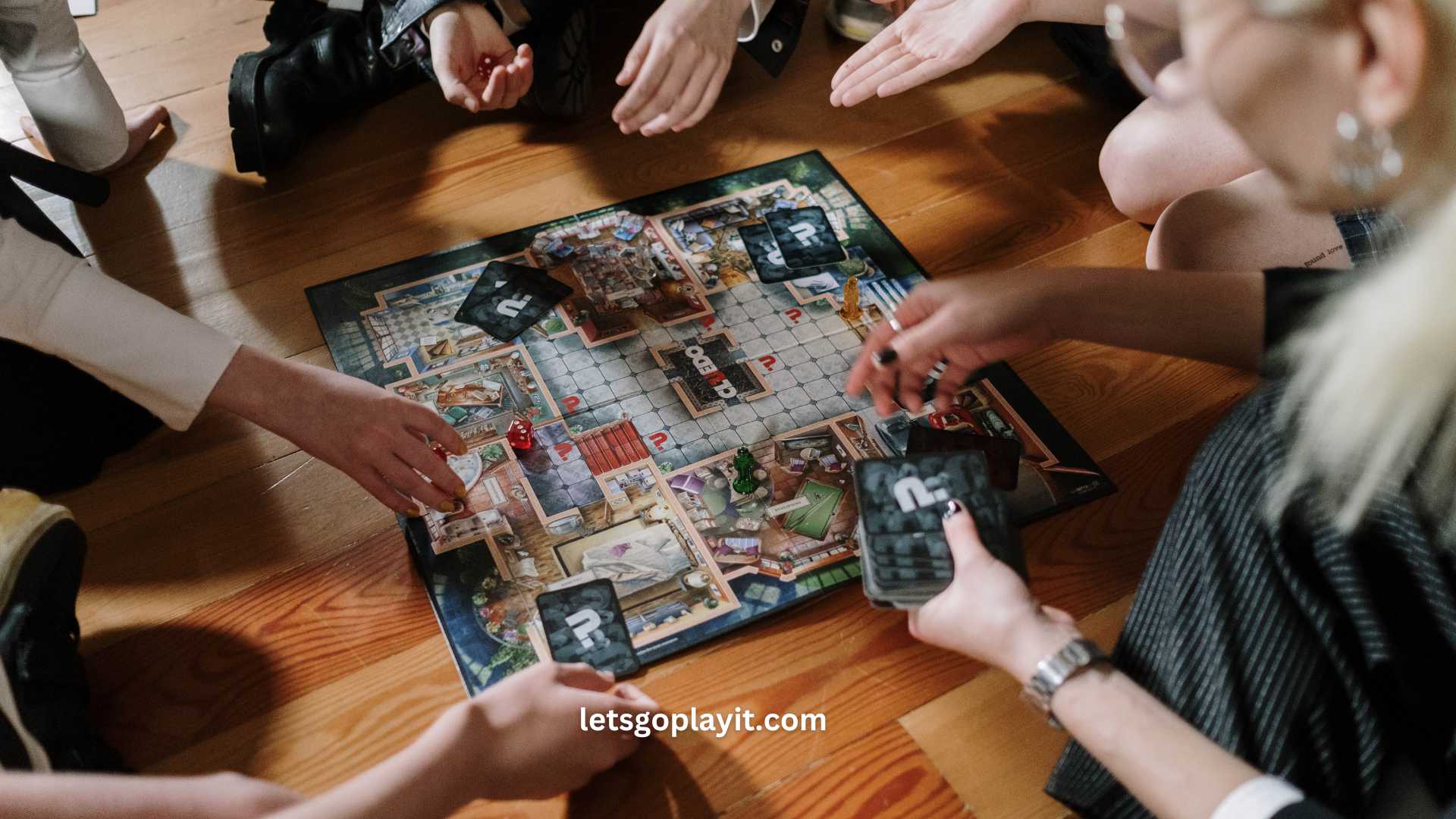Growing up in Pampanga, Philippines, during the vibrant era of the ’90s, my childhood was adorned with laughter, camaraderie, and the sheer joy of playing board games. These weren’t just games; they were bridges connecting hearts, teaching us lessons far beyond winning or losing.
As an adult, this passion has only intensified, leading me to explore a plethora of board games, from high-strategy battles to family-friendly fun. Board games, in their essence, are more than entertainment; they are vessels of tradition, learning, and social bonding.
The Importance of Board Games:
In today’s fast-paced, digitally driven world, board games represent an oasis of interpersonal connection and mindfulness. They teach strategy, patience, negotiation, and cooperation, skills crucial both on and off the board.
Moreover, they serve as cultural time capsules, preserving the heritage and storytelling of civilizations across the globe. The laughter and debates over a board game forge memories and friendships that outlast the game itself. It’s a testament to the timeless appeal of gathering around a table, sharing moments of challenge, triumph, and sometimes, sweet defeat.
Curated List of Best Board Games:
Strategic Gems:
Scythe is a masterpiece that offers a blend of strategy and aesthetics, transporting players to an alternate post-WWI era. But what makes it truly special is its ability to evoke complex emotions — from the thrill of conquest to the serene beauty of its landscapes.
Playing Scythe is not just about tactics; it’s about immersing yourself in a rich, alternate reality where each decision weaves into the tapestry of an unfolding epic.
Cultural Richness:
Board games are not just Western phenomena. In the Philippines, games like Sungka reflect the intricacies of Filipino culture and history. Sungka, played with shells and a wooden board, is a game of mathematical strategy and foresight, teaching players to think ahead and plan meticulously.
It’s a bridge to my childhood, a reminder of the simplicity and depth of traditional Filipino games that deserve global recognition.
Family Favorites:
Ticket to Ride has become a staple in family game nights, celebrated for its simplicity and engaging gameplay. It’s not just a game; it’s a journey across continents, a lesson in geography, and a strategy game wrapped in one.
My family’s laughter and competitive banter over Ticket to Ride sessions have become cherished memories, a testament to the game’s ability to bring families closer.
Hidden Treasures:
In the realm of board games, Quacks of Quedlinburg is a hidden gem that deserves the spotlight. It combines luck, strategy, and a pinch of chaos as players become potion-makers, drawing ingredients from a shared bag to create powerful concoctions. It’s a game that teaches risk management and adaptability, wrapped in a theme that’s as whimsical as it is engaging.
Behind the Scenes:
Delving into the creation of board games like Pandemic reveals the meticulous craftsmanship behind the scenes. Pandemic’s development was a journey of balancing gameplay mechanics with educational elements about disease control and cooperation. It’s a game that has become eerily relevant in today’s context, reminding us of the power of collective action and strategic planning in facing global challenges.
Fostering Community Through Games:
Board games do more than entertain; they build communities. During a local board game meetup, I witnessed strangers become friends over a game of Catan. It was a beautiful sight — individuals from diverse backgrounds negotiating, strategizing, and eventually, sharing stories of their lives beyond the board.
This transformative power of board games to connect people, transcending barriers, is what makes them truly remarkable.
Conclusion:
Reflecting on my journey with board games, from the dusty streets of Pampanga playing traditional Filipino games to exploring the vast universe of modern board gaming, I realize that these games are threads in the fabric of our social tapestry.
They are not just about winning; they’re about the stories we create, the lessons we learn, and the connections we forge. In a world brimming with transient digital interactions, board games remind us of the joy of being present, of sharing a physical space with loved ones, and of the rich tapestry of human culture and history they represent.
As we continue to explore new games and revisit old favorites, let’s cherish these moments and the communities we build around them. Share your favorite board game experiences in the comments below, and let’s continue this journey of discovery, one roll, one move, one card at a time.
FAQs for “Best Board Games”:
What are the best board games for families? Families often enjoy games like “Ticket to Ride” and “Catan” because they offer strategic depth that can be understood at different levels, allowing players of all ages to engage and compete.
How do board games benefit educational learning? Board games can enhance cognitive skills such as problem-solving, strategic thinking, and mathematical reasoning. They also encourage social skills like communication and patience.
Can board games help in understanding different cultures? Yes, many board games are based on historical or cultural themes, offering players insights into different ways of life, traditions, and historical events through engaging gameplay.

